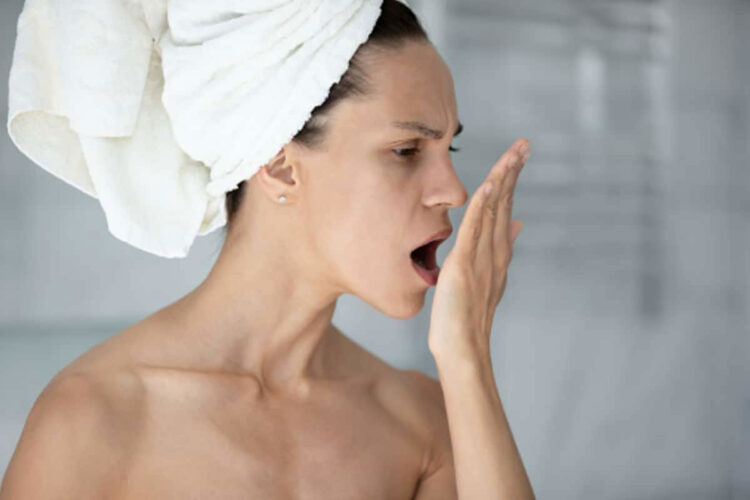Bad breath, also known as halitosis, can be a significant source of embarrassment and social anxiety. It can also indicate underlying health issues such as gum disease or digestive problems. Fortunately, you can take steps to prevent and treat bad breath.
There are several effective strategies to combat halitosis, from practicing good oral hygiene habits to making dietary changes. It will be ideal for you to explore the causes of bad breath and learn practical tips on how to prevent and treat it so that you can feel confident and fresh every day. You should also consult a family dentist in Mitchell if you need medical help to treat bad breath.
Tips for preventing and treating bad breath:
- Practice good oral hygiene.
Practicing good oral hygiene is crucial in preventing and treating bad breath. Brushing your teeth twice daily and flossing daily to remove plaque and food particles that can cause odor is essential. Using an antibacterial mouthwash can also help kill bacteria in the mouth.
Additionally, visiting the dentist regularly for cleanings and checkups can ensure any underlying dental issues are addressed promptly. Remember to clean your tongue, as it can harbor bacteria and contribute to bad breath.
- Stay hydrated
Drinking plenty of water helps flush out bacteria and food particles that can cause odor in the mouth. When the mouth is dry, it can also lead to the growth of bacteria that causes bad breath. So, drinking water throughout the day and after meals can keep the mouth moist and reduce the risk of bad breath. Additionally, drinking herbal tea or chewing sugarless gum can also help stimulate saliva production and freshen breath.
- Watch your diet
Watching your diet is vital in preventing and treating bad breath. Foods with strong odors, like garlic and onions, can leave a lingering smell in the mouth. Sugary and acidic drinks can also contribute to bad breath by promoting bacteria growth.
A balanced diet rich in fruits and vegetables can help reduce the risk of bad breath. Additionally, chewing sugarless gum or fresh herbs like parsley can help freshen your breath after a meal.
- Avoid certain foods
Foods like garlic, onions, and spicy foods can leave a lingering odor on your breath, making it difficult to eliminate bad breath. While these foods may be tasty, limiting your intake or avoiding them altogether is best to prevent bad breath.
Additionally, acidic foods and drinks can cause bad breath by promoting the growth of bacteria in the mouth. Choose foods and beverages less likely to cause bad breath, such as fresh fruits and vegetables, water, and unsweetened tea.

